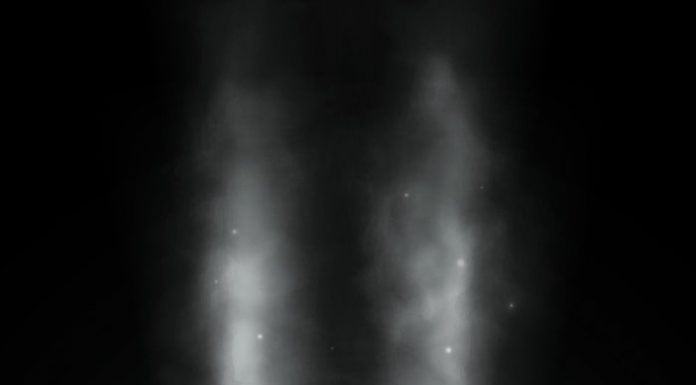Certainly there are some things that are unforgivable.
“Forgiveness” has been trending for quite a while, and it’s the “politically correct” thing to do. There are cases where repudiating and even hating the most heinous of crimes is an absolute commandment, while forgiving can constitute a sin. Think, for example, of Amalek.
I was so tantalized by Kay Wilson’s passion that I felt compelled to find her and have a talk. She graciously agreed to speak with me, and from this conversation flowed one of the most incredible stories I have ever heard.
Kay Wilson meditates on that fateful day when—within the course of a mere 30 minutes—every dimension of her essence, every gift, blessing and quality that had infused her life with meaning, vitality and joy was stripped away and lost.
Self-pity does not inflect her voice as she lists the inventory of her losses. Instead, it is a steely determination to ensure that what happened to her will never happen to another Jew again.
“My friend was destroyed. My health was destroyed. My ability to work was destroyed, and so was the dignity that came from providing for myself. My independence was destroyed. My pain-free existence was destroyed. My sleep, my routine, my anonymity were destroyed. My sense of security was destroyed. My humanity was destroyed, and my innocence was destroyed. Every single one of these things was destroyed forever. I can never forget, and I will never forgive.”
Her ringing conviction might appear incongruous—just as the calendar quickly advances to the very day most closely associated with forgiveness—were it not for the circumstances that provide its context. Her statement is grounded in halachah, which grants her the moral and legitimate right to repudiate evil and withhold mercy.
Ironically, the day her former life eroded in a mere half-hour was exquisite, an unusually temperate day for early winter, a day that beckoned Israeli families out of their homes to revel in the great outdoors one last time before hunkering down for winter’s storms. The weather, the scenery, the atmosphere—all failed to augur the horror to come.
The sun shone intensely, birds chirped and whistled, the wind rustled gently, and the air in Horvat Hanut was perfumed with the fragrant scent of pine trees. It was a day fresh with possibilities, a testimonial to the constancy and beauty of the Judaean Hills, the land of Israel, life itself. How then could it prove so illusory, so deceptive? When apocalypse strikes, we anticipate darkening skies and rumbles of thunder to herald its advent. Surely the outer environment should be in alignment with the human stories being played out that day? But for Kay Wilson and her American friend Kristine Luken, the soul-stirring landscape in which they stood did not in any way correlate to the evil that would soon descend. For them that idyllic day would soon be filled with paroxysms of panic, abject terror, unrelenting pain and, ultimately, death.





















